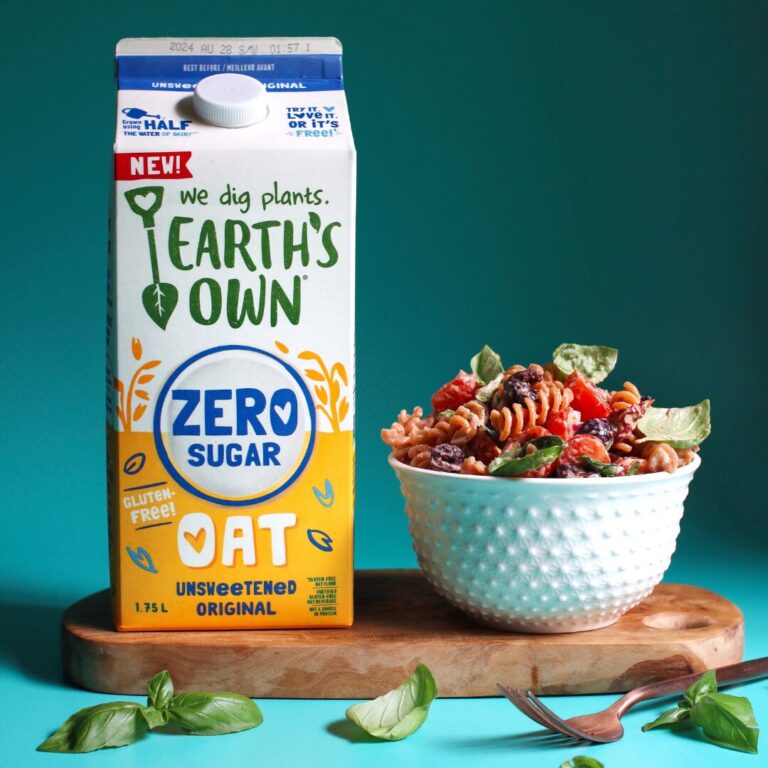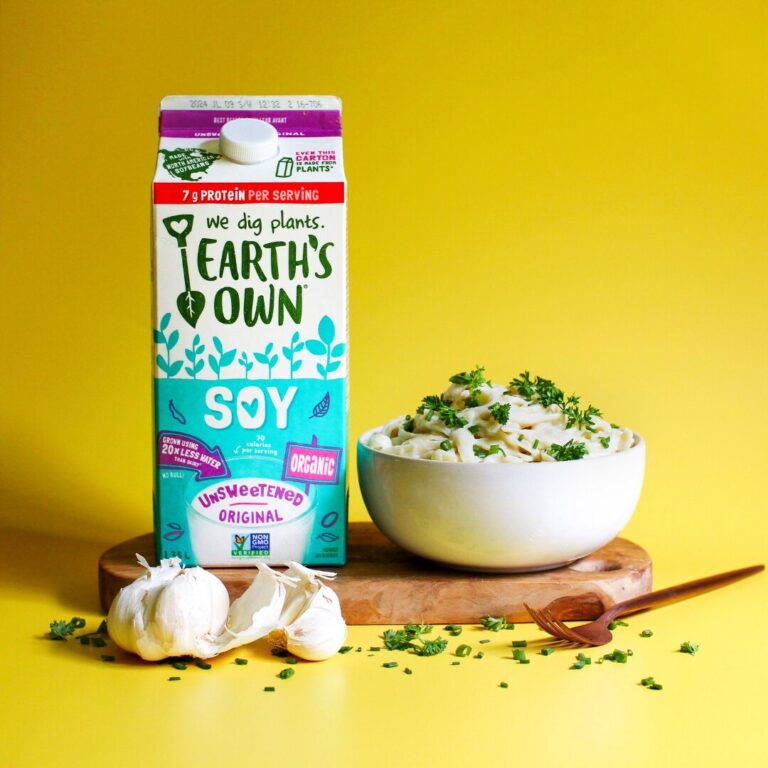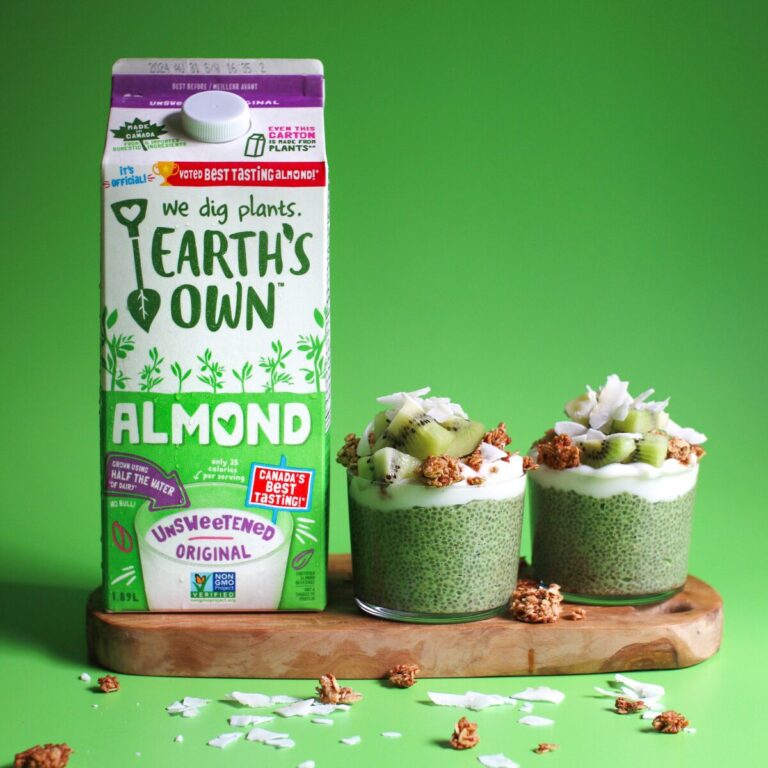So you’re lookin’ to start your first garden but you’re also like “where do I start?”
We reached out to our friend and Earth’s Own Plant Project winner, Zoe from Lettuce Harvest to get her fav veggies for first time growers and to offer some tips on watering needs, light requirements, and anything else you may need to make your garden thrive.
Kale
Kale is hardy as heck and can grow even when it gets a little chilly outside. It’s a rad veggie for first time gardeners. Here are some simple tips to kill it with kale…
- You can start planting in March when the heavy rains stop.
- Prefers sun, but is also shade tolerant.
- Well drained and nutrient rich soil is best.
- Watch out for pests when they’re little! I recommend starting to grow your kale indoors or (pro-tip) buy transplants.
- If you’re in a mild climate, like I am on the west coast of Canada, you can grow all winter
- Avoid planting near nightshades.
- Herbs and Kale are besties. Go ahead and grow ‘em together.
I plant my kale pretty close together which helps shade the soil and prevent drying out on hot summer days.
Peas
Delish to snack on, peas are an awesome early harvest. If you have the vertical space to let them grow, pea plants can get anywhere from 3ft to 8ft tall.
- Peas like lots of sun, but they don’t like when it’s hot.
- You want to get them in the ground as soon as possible. Here on the West Coast of Canada you can start planting them as early as mid/late February.
- Well drained soil is best, with lots of organic matter.
- Peas make great companion plants for tons of veggies and herbs, but you want to avoid onions.
Radishes
Radishes are great to plant super early and easy to grow in any sized garden. And you don’t need heaps of patience for ‘em, some varieties mature in just over a month.
- Radishes like nutrient rich soil.
- If you’re lookin’ for a growing companion, they’re great with cucumbers and nasturtiums, not so great with brassicas.
- They’re ready to harvest usually within 3 weeks of planting.
- Either full sun or semi-shade, but make sure the soil doesn’t get too hot.
- Radishes should never sit in water, but they do like sufficient moisture so that roots can grow plump.
Arugula
This peppery plant is delish to add a little plant-based spice to yo’ salads. And since it’s a pricier option at the grocery store, growing it yourself is a super smart option.
- Arugula likes lots of sun but not too much heat.
- I recommend planting early in the spring or late in the summer.
- Arugula can manage with some shade.
- Can thrive in a lot of soil variants.
- Arugula is a pretty versatile plant and works well with a variety of veggies.
Mint
Big pro-tip: keep Mint in a pot! This is a really well adapted plant and will spread like crazy. Bonus, it’s not too picky about what it needs.
- Mint is a very versatile plant, and different varieties can tolerate different amounts of shade.
- If you plant it directly into soil, even a few inches of root can completely regenerate the plant – and if it’s neglected and looks really sad, add some water to the roots and it should come back really quickly.
- It is a great pest deterrent, but should be kept in containers around other plants to avoid it taking over the space.
Overall tips to make yo’ garden grow:
Make sure you give your plants enough water, especially if there is exposed soil or it’s extra hot. If you’re planting in containers, it can be a fine balance between making sure the soil is draining well and ensuring you’re not washing out a lot of the nutrients. For this reason, container plants often require more check-ins and adjustments as the season progresses.
The plants listed above are generally pretty easy to manage and get a harvest from. Before getting started, take some time to assess your space and your needs – there’s no point in growing something you don’t like to eat!
My biggest piece of advice is to look at your space, determine what you want to grow, and what the specific requirements will be. The germination/seedling phase can be the most difficult, so if you’re able to, buying established seedlings can be a great place to start.
Most of all, have fun and enjoy all the fresh, delish eats you’ll be growin’ yo’self!



